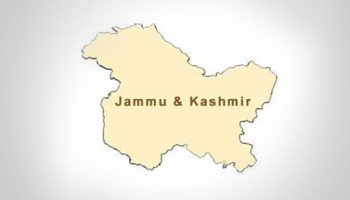Who is Jammu and Kashmir Resident?
In the ongoing national debate surrounding Jammu and Kashmir, the definition of “people” and their rights has taken center stage. The discussions in Parliament and the Supreme Court, as well as among ordinary citizens, have highlighted the importance of understanding terms like “state subjects,” “permanent residents,” and “domiciles.”
1927 and the Maharaja’s Order
During the reign of Maharaja Hari Singh in 1927, the term “state subjects” was officially introduced. This categorization divided the inhabitants into four classes based on birth, residence, settlement, and property ownership. This classification aimed to determine who qualified for various privileges and benefits within the princely state.
1932 Order on State Subjects Abroad and Foreign Nationals
In 1932, another order by Maharaja Hari Singh addressed the status of J&K state subjects living abroad. It outlined conditions for considering emigrants and their descendants as state subjects. The order also set rules for foreign nationals residing in J&K, restricting their acquisition of state nationality until the age of 18 and outlining conditions for property ownership.
Constitutional Evolution
In 1956, the Constituent Assembly of Jammu and Kashmir adopted a separate constitution, redefining “state subjects” as “permanent residents.” This constitutional shift linked permanent residency to citizenship under the Indian Constitution and established criteria for residency and property ownership.
Challenges to Women’s Status
Post-constitution, a significant legal battle unfolded in 2003 regarding the status of women who married non-permanent residents. The High Court’s ruling and subsequent legislative actions by the Mufti government in 2004 attempted to navigate the complexities of women losing permanent resident status upon marriage to non-permanent residents.
Post-2019 Transformation
Following the 2019 amendments to Article 370 and the bifurcation of J&K into Union Territories, the term “permanent residents” underwent another transformation, now referred to as “domiciles.” The redefined criteria allowed individuals to qualify based on residency, education, registration as migrants, and familial ties to government officials who served in J&K.
Month: Current Affairs - December, 2023
Category: India Nation & States Current Affairs



